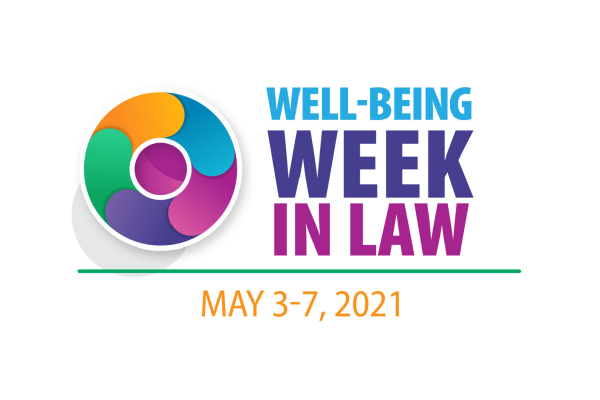The ABA issued Formal Opinion 498, “Virtual Practice,” on March 10, 2021, offering guidance on lawyers’ responsibilities relevant specifically to the use of technologies for virtual practice and the supervision thereof.
The virtual practice of law exploded with the Covid-19 pandemic. The ABA Standing Committee on Ethics and Professional Responsibility released its latest formal ethics opinion this past Wednesday, discussing ethical duties related to competence, diligence, and communication with attention to the use of technology, as well as the confidentiality duty, requiring lawyers to make reasonable efforts to prevent disclosures, and the supervisory duty, requiring lawyers to make reasonable efforts to ensure subordinate lawyers’ and nonlawyer staff’s compliance regarding virtual practice policies.
The opinion begins with a section on ‘commonly implicated model rules’, discussing ethical duties of competence, diligence, and communication; confidentiality; and supervision as they relate to virtual practice and related technologies. Each section includes summaries of considerations relevant to each, including some brief factors relevant to the reasonableness of efforts in each category.
In a second section, the opinion discusses ‘particular virtual practice technologies and considerations’. Technologies and considerations covered include hardware & software systems, accessing client files and data, virtual meeting platforms and videoconferencing, virtual document and data exchange platforms, smart speakers, virtual assistants, and other listening-enabled devices, supervision of subordinates and assistants – as well as vendors and other assistance, and concludes with brief remarks on possible limitations of virtual practice.
The Massachusetts BBO also highlighted competence, confidentiality, and communication in an article titled ‘Lawyers in Crisis: Ethical Guidance for Remote Work and Dealing with Covid-19’, by Assistant Bar Counsel Stacey A. L. Best, which was published shortly after the pandemic began.
Related Resources
Working Remotely in a Different State: ABA Formal Opinion 495 Provides New Guidance
Essential Tech for Paperless, Virtual, and Remote Solo & Small Law Firms
How to Vet Cloud Technology Providers for Lawyers
Free & Confidential Consultations:
Lawyers, law students, and judges in Massachusetts can discuss concerns with a law practice advisor, licensed therapist, or both. Find more on scheduling here.




